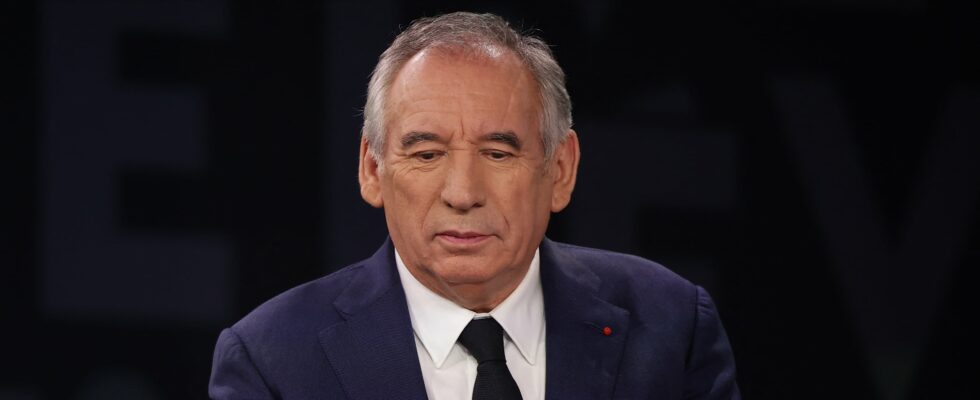Change of method on the Bercy side. This week, the new Minister of the Economy, Eric Lombard, launched a series of meetings with the heads of political groups in the National Assembly. On the menu: discuss the directions of the future budget. This same text which brought down Michel Barnier and his team at the beginning of December…
The race against time is on, with the finance bill for 2025 having to be presented by mid-February at the latest. Still tough debates ahead. Until a very hypothetical consensus is reached, the special law applies. However, the French State will not be able to live indefinitely on the credits allocated in 2024. There is therefore an urgent need to find common ground.
François Bayrou on a ridge line
However, it is another subject which will be the key to political stability in the coming months: pension reform. François Bayrou has already opened the door to adjustments, while excluding the possibility of a repeal, demanded jointly by the National Rally and the New Popular Front. A crest line for the new tenant of Matignon. Because he will have to brush both the left and the extreme right in the direction of the hair, otherwise his trial period will suddenly be cut short, while retaining the bases of the reform – by which I mean, the age of leaving at 64 – at the risk of further worsening the situation of our public finances.
In its latest report, last June, the Pension Orientation Council (COR) calculated that the deficit in the pension system could reach 14 billion euros in 2030. And this, even taking into account the effects of the reform adopted in 2023 which nevertheless promised to reduce it. A deterioration that France cannot afford under any circumstances. Because in 2029, our public deficit will have to fall back below 3%, as Eric Lombard reaffirmed this Monday, January 6. An objective which seems totally incompatible with a step backwards on the pensions front.
